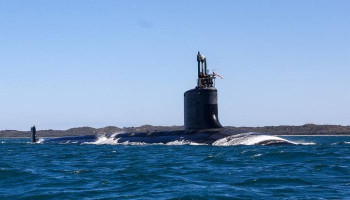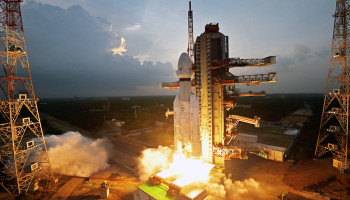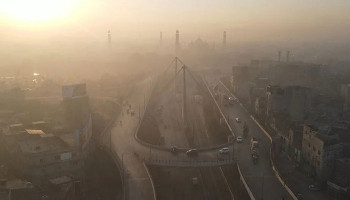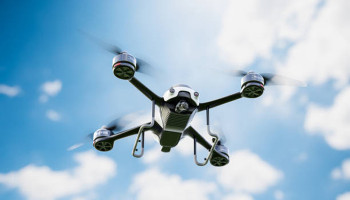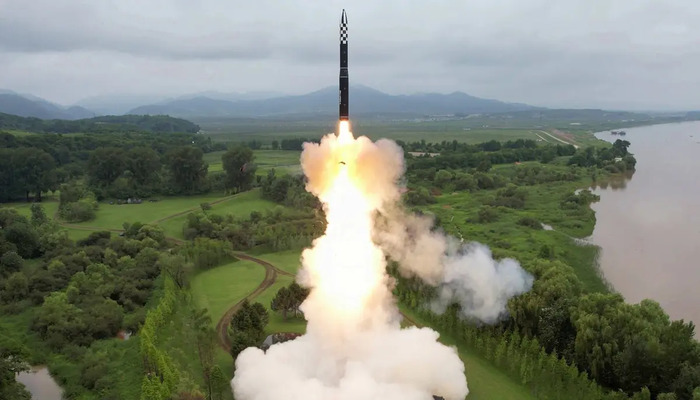
North Korea is pressing ahead with plans to launch a new satellite, despite international opposition. The launch is seen as a major boost to the country's military modernisation program, whereas the international community is pressing North Korea to revise its plans.
Despite warnings from the international community, North Korea is expected to launch the new satellite between May 27 and June 4. It comes after the country successfully launched a spy satellite in November last year, which was widely condemned as a violation of UN sanctions.
The Japanese coast guard has warned of a potential danger zone near the Korean Peninsula and the Philippines, where debris from a satellite-carrying rocket could fall. The US, Japan and South Korea have urged North Korea to suspend the launch, citing concerns over the use of ballistic missile technology.
Read more: After iCube Qamar, Pakistan to launch PAKSAT MM1 on May 31
The international community is keeping a close eye on the situation, with South Korean and US intelligence aware of launch preparations at the Sohae Satellite Launching Ground in North Korea. There are concerns that Russia may have provided North Korea with technical support for the launch, in exchange for using the weapon in the Ukraine war.
The US has called the launch a "flagrant violation" of UN sanctions, while Japan's foreign ministry has expressed concern over a potential threat to regional security.
North Korean leader Kim Jong Un has announced plans to launch three more military spy satellites this year as part of a military modernisation programme. Experts warn that the satellites could improve Pyongyang's intelligence-gathering capabilities, particularly about South Korea, and provide vital data in any military conflict.








